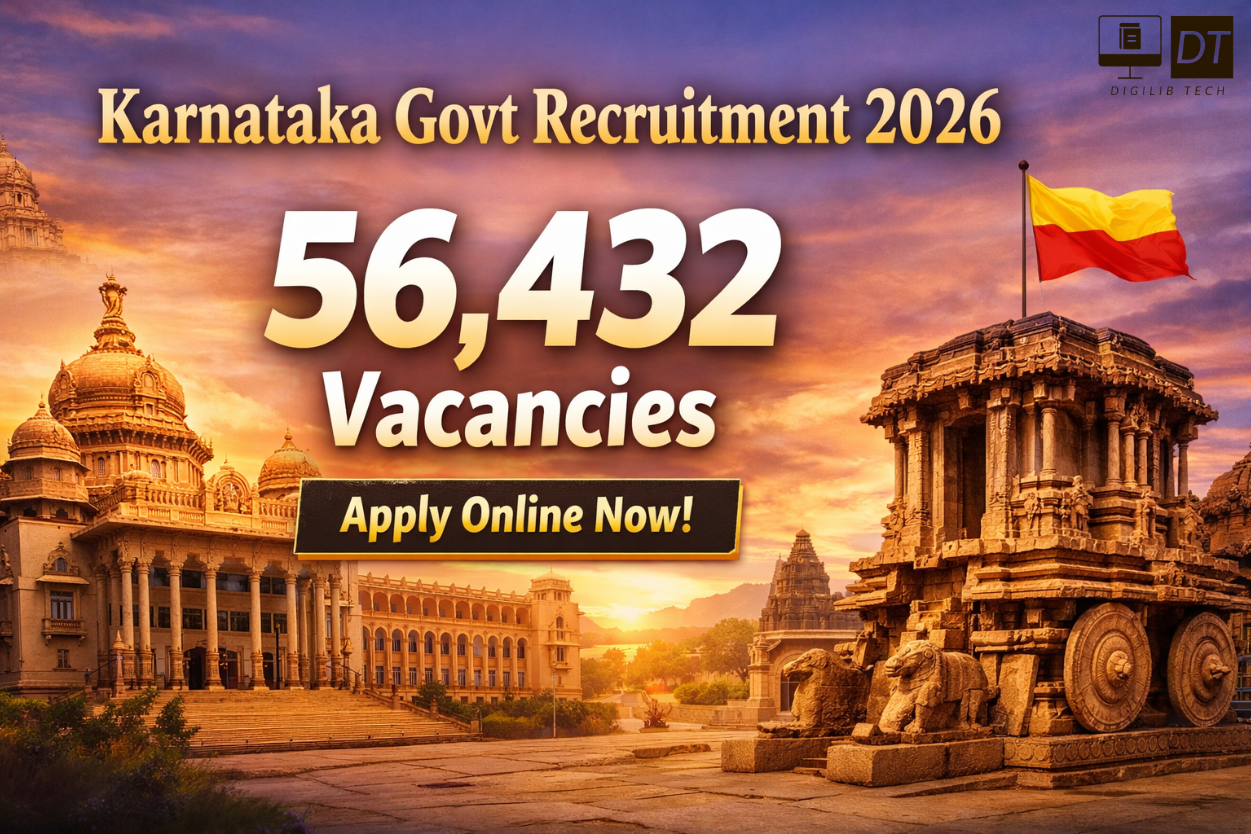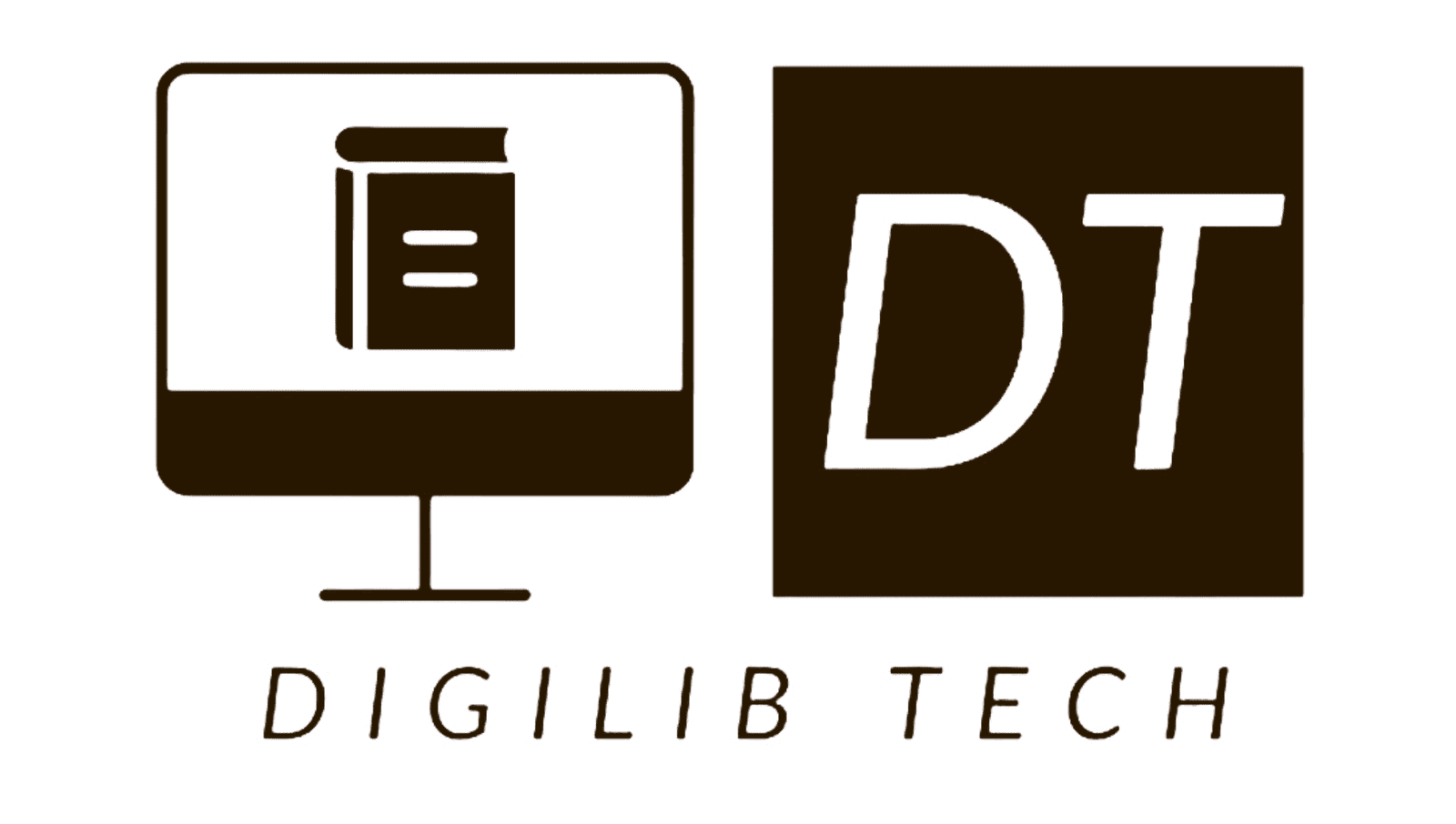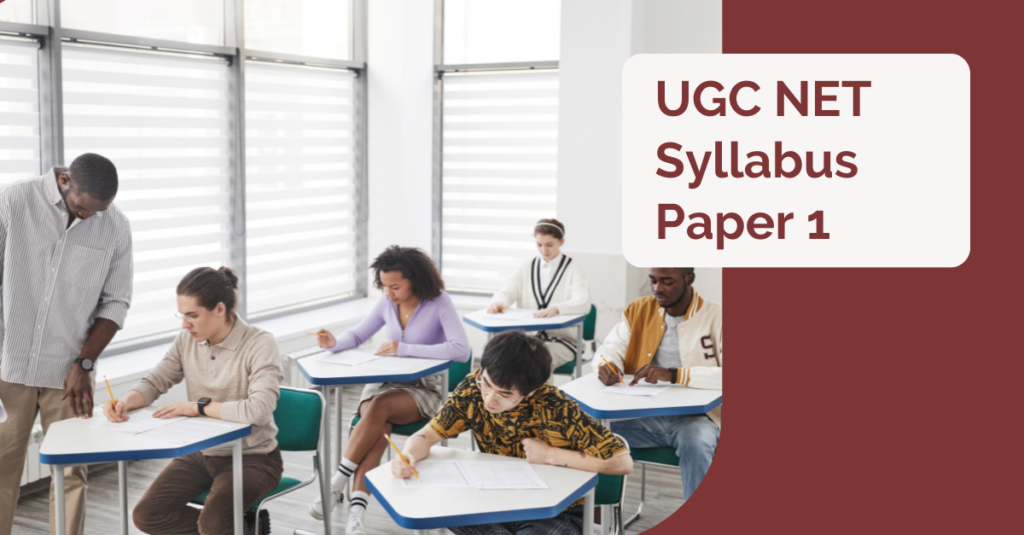UNIVERSITY GRANTS COMMISSION
NET BUREAU SYLLABUS
Subject: GENERAL PAPER ON TEACHING & RESEARCH APTITUDE
PAPER-I The main objective is to assess the teaching and research capabilities of the candidates. The test aims at assessing teaching and research aptitude as well. Candidates are expected to possess and exhibit cognitive abilities, which include comprehension, analysis, evaluation, understanding the structure of arguments, and deductive and inductive reasoning. The candidates are also expected to have a general awareness of teaching and learning processes in the higher education system. Further, they should be aware of the interaction between people, the environment, and natural resources, and their impact on the quality of life. The details of the syllabi are as follows:
Unit-I Teaching Aptitude Teaching:
Concept, Objectives, Levels of teaching (Memory, Understanding, and Reflective), Characteristics, and basic requirements. Learner’s characteristics: Characteristics of adolescent and adult learners (Academic, Social, Emotional, and Cognitive), Individual differences. Factors affecting teaching related to Teacher, Learner, Support material, Instructional facilities, Learning environment, and Institution. Methods of teaching in Institutions of higher learning: Teacher centered vs. Learner-centered methods; Off-line vs. Online methods (Swayam, Swayamprabha, MOOCs, etc.). 2 Teaching Support System: Traditional, Modern, and ICT based. Evaluation Systems: Elements and Types of Evaluation, Evaluation in Choice Based Credit System in Higher Education, Computer-based testing, Innovations in evaluation systems.
Unit-II Research Aptitude Research:
Meaning, Types, and Characteristics, Positivism and Postpositivistic approach to research. Methods of Research: Experimental, Descriptive, Historical, Qualitative, and Quantitative Methods. Steps of Research. Thesis and Article writing: Format and styles of referencing. Application of ICT in research. Research ethics.
Unit-III Comprehension
A passage of text is given. Questions be asked from the passage to be answered.
Unit-IV Communication
Communication: Meaning, types, and characteristics of communication. Effective communication: Verbal and Non-verbal, Inter-Cultural and group communications, Classroom communication. Barriers to effective communication. Mass-Media and Society.
Unit-V Mathematical Reasoning and Aptitude
Types of Reasoning. Number series, Letter series, Codes, and Relationships. Mathematical Aptitude (Fraction, Time & Distance, Ratio, Proportion and Percentage, Profit and Loss, Interest and Discounting, Averages, etc.).
Unit-VI Logical Reasoning
Understanding the structure of arguments:
argument forms, the structure of categorical propositions, Mood and Figure, Formal and Informal fallacies, Uses of language, Connotations, and denotations of terms, and Classical square of opposition. Evaluating and distinguishing deductive and inductive reasoning. Analogies. Venn diagram: Simple and multiple uses for establishing the validity of arguments. Indian Logic: Means of knowledge. Pramanas: Pratyaksha (Perception), Anumana (Inference), Upamana (Comparison), Shabda (Verbal testimony), Arthapatti (Implication) and Anupalabddhi (Non-apprehension). Structure and kinds of Anumana (inference), Vyapti (invariable relation), Hetvabhasas (fallacies of inference).
Unit-VII Data Interpretation
Sources, acquisition, and Classification of Data.
Quantitative and Qualitative Data. Graphical representation (Bar-chart, Histograms, Pie-chart, Table-chart, and Line-chart) and mapping of Data. Data Interpretation. Data and Governance.
Unit-VIII Information and Communication Technology (ICT)
ICT: General abbreviations and terminology. Basics of Internet, Intranet, E-mail, Audio and Video-conferencing. Digital initiatives in higher education. ICT and Governance.
Unit-IX People, Development, and Environment
Development and environment: Millennium development and Sustainable development goals.
Human and environment interaction: Anthropogenic activities and their impacts on the environment.
Environmental issues: Local, Regional, and Global; Air pollution, Water pollution, Soil pollution, Noise pollution, Waste (solid, liquid, biomedical, hazardous, electronic), Climate change and its Socio-Economic and Political dimensions.
Impacts of pollutants on human health.
Natural and energy resources: Solar, Wind, Soil, Hydro, Geothermal, Biomass, Nuclear, and Forests.
Natural hazards and disasters: Mitigation strategies.
Environmental Protection Act (1986), National Action Plan on Climate Change, International agreements/efforts -Montreal Protocol, Rio Summit, Convention on Biodiversity, Kyoto Protocol, Paris Agreement, International Solar Alliance.
Unit-X Higher Education System
Institutions of higher learning and education in ancient India. Evolution of higher learning and research in Post Independence India. Oriental, Conventional, and Non-conventional learning programs in India. Professional, Technical, and Skill Based education. Value education and environmental education. Policies, Governance, and Administration.
https://www.ugcnetonline.in/syllabus-new.php
-
DHFWS Raichur Recruitment 2026 Apply Online Now

DHFWS Raichur Recruitment 2026 – Apply Online for 20 Junior Female Health Assistant Posts DHFWS Raichur Recruitment 2026 – Apply Online for 20 Junior Female Health Assistant Posts, If you are searching for a Karnataka Government job opportunity in the healthcare sector, this is your moment. The District Health and Family Welfare Society (DHFWS), Raichur…
-
Karnataka Govt Recruitment 2026 – Apply Online Now

Karnataka Govt Recruitment 2026 – 56,432 Group A, B, C Posts Karnataka Govt Recruitment 2026 – Apply Online for 56,432 Group A, B & C Posts, The Government of Karnataka has officially approved a massive recruitment drive for 56,432 vacancies (32,132 + 24,300 Non-HK) across multiple departments. In the cabinet meeting held on 27th February…


